Kevin Kenneth Riley, who raped and murdered schoolboy Shaun Phillips in Adelaide in 1988, seeks parole
In 1988, Kevin Riley and his brother raped and murdered seven-year-old Shaun Phillips in a case that shocked Adelaide, dumping his body in a nearby driveway. Now the child killer wants his freedom.
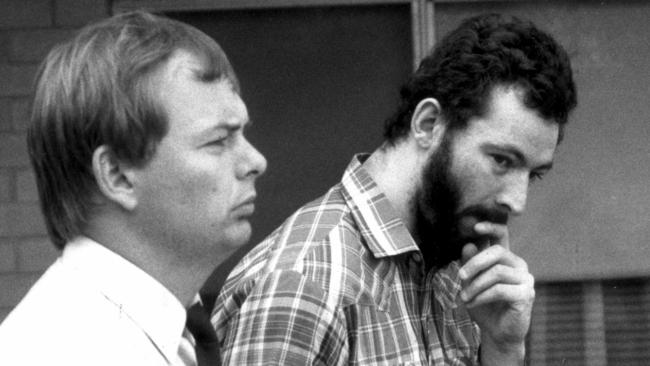
Crime in Focus
Don't miss out on the headlines from Crime in Focus. Followed categories will be added to My News.
Kevin Kenneth Riley – one of South Australia’s most notorious convicted child killers – has applied for release from prison on parole.
In a move that has angered the father of his seven-year-old victim, Shaun Phillips, Riley has formally asked the SA Parole Board to be freed into the community.
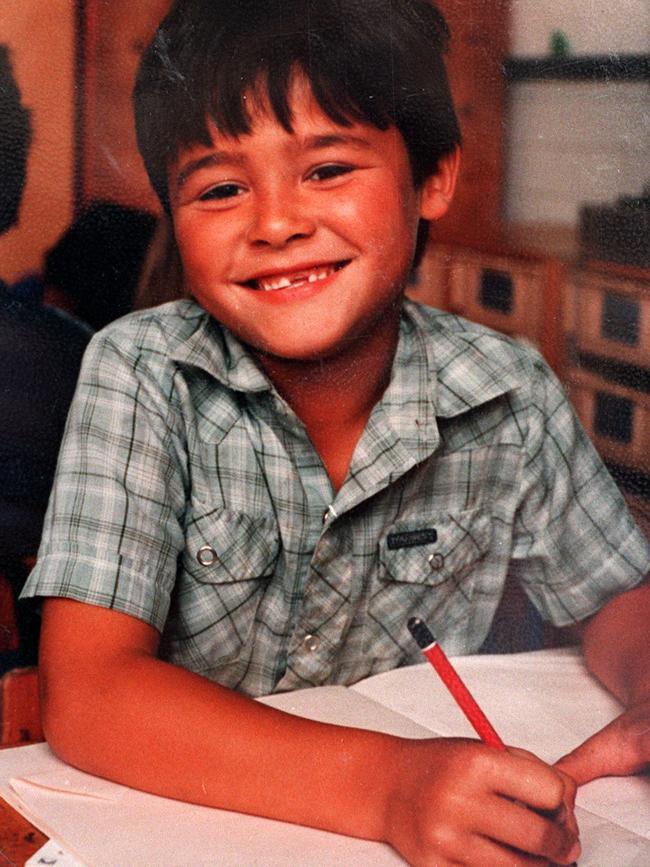
Shaun’s father, Gary Phillips, believes Riley – described by a Supreme Court judge as “quite cunning’’ – deserved to “rot in prison’’ for what he did to his son in 1988.
Shaun’s abduction, murder and sexual assault by intellectually handicapped brothers Jim and Kevin Riley remains one of the state’s most infamous cases.
Kevin Riley, now 59, has spent 32 years behind bars – the past 15 in Port Lincoln Prison – while his brother, Jim Paul Riley, who was also convicted of Shaun’s murder, is still being held in Mt Gambier Prison.
In 1988, then-crown prosecutor Ann Vanstone told the Supreme Court Jim had abducted Shaun from adjacent his Cowandilla home and taken him to his brother’s flat several hundred metres away after saying to Kevin: “`I’m going out to get a boy.’’
Kevin, aged 27 at the time, had then watched as Jim, 28, tried to rape Shaun, held his head under water, dropped him on the ground three times, hit him on the head with a tomahawk and strangled him with a bicycle tube.
Kevin had then raped Shaun. The court heard both men suffered intellectual disabilities, but had still cleaned up Kevin’s flat before dumping Shaun’s body in a neighbour’s driveway.
Mr Phillips, 68, said he believed the Riley brothers “hid’’ behind their lack of mental intelligence as a defence to their heinous actions.
“They knew what they were doing,’’ he said. “Jim Riley took Shaun back to Kevin’s flat. Kevin could have said ‘no’. Kevin said he had nothing to do with what Jim did.
“He didn’t try to stop him, though. When asked by the police if he had sex with Shaun, Kevin said ‘yes’, but he was already dead.
“This is the person we want walking free around Adelaide? No. Let him rot in prison.’’
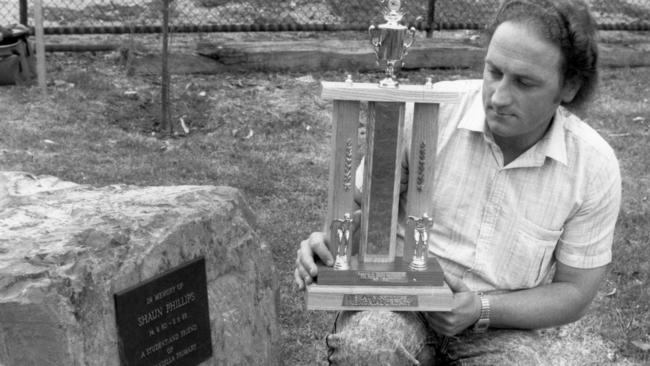
Mr Phillips said while he had “complete confidence’’ in the Parole Board, he urged it to “carefully consider’’ Riley’s application to be released.
“I just do not know what good he can do in the community,’’ he said.
“They have been in prison for 32 years; how can they contribute now? They know nothing else.’’
Mr Phillips said he had written a lengthy letter to the Parole Board “through the eyes of Shaun’’ for its consideration when considering such an application from either brother.
“The prisons have done a pretty good job of keeping them inside for a substantial time, but I can’t see how they could have a life outside really,’’ he said.
“I would think they would be completely lost; what would they do?’’
In 1995, the Riley brothers faced internal prison sanctions after pictures of pre-pubescent children bathing and exercising that had been ripped from magazines in Yatala Labor Prison’s education unit were found in their cells.
In 2003, Kevin made his first bid for release on parole but was refused.
At the time, Parole Board chairwoman Frances Nelson, QC, said he “represents a risk to the community in that the likelihood of him reoffending is high’’.
In 2006, Kevin was involved in the “jailhouse rock” fiasco at Port Lincoln Prison in which inmates were allowed to dress up in drag for a party – with photos of the activity distressing victims of crime.
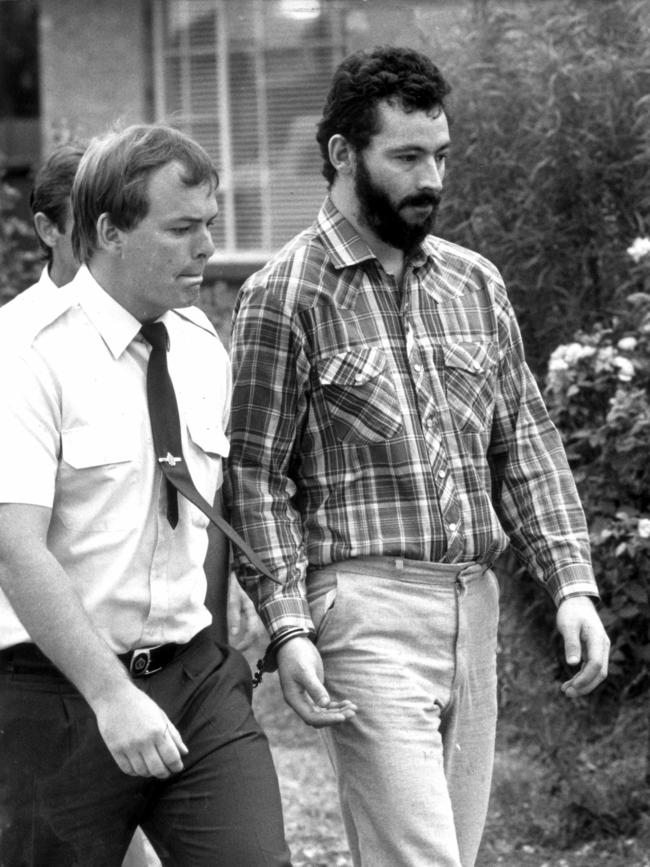
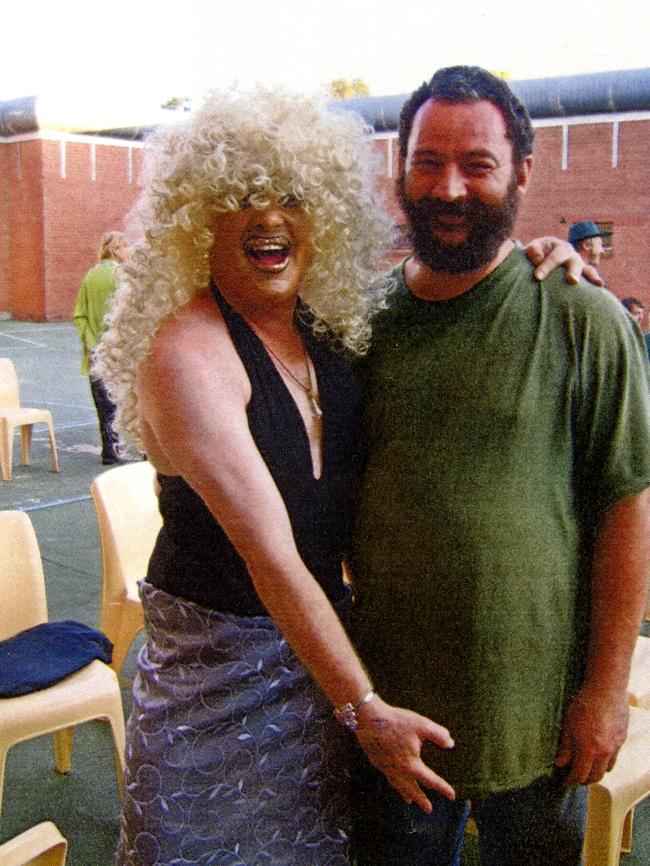
Mr Phillips said he had never recovered from losing Shaun, and he “was often in his thoughts”.
He said he still visited Shaun’s mother, Sue, each week and they would “talk about Shaun and laugh’’.
“She has an incredible memory and can remember things that I have forgotten. We don’t sit around crying,’’ he said.
“If we wanted to let our emotions go we would be a mess. We think positive thoughts, definitely.’’
Mr Phillips said he rarely ventured out in his local area because he found it distressing when he bumped into “Shaun’s old mates’’.
“I couldn’t handle seeing children that Shaun grew up with as adults. I would freak out,’’ he said.
“Shaun would be 40 now and would probably have his own children. I always think of that, always.’’
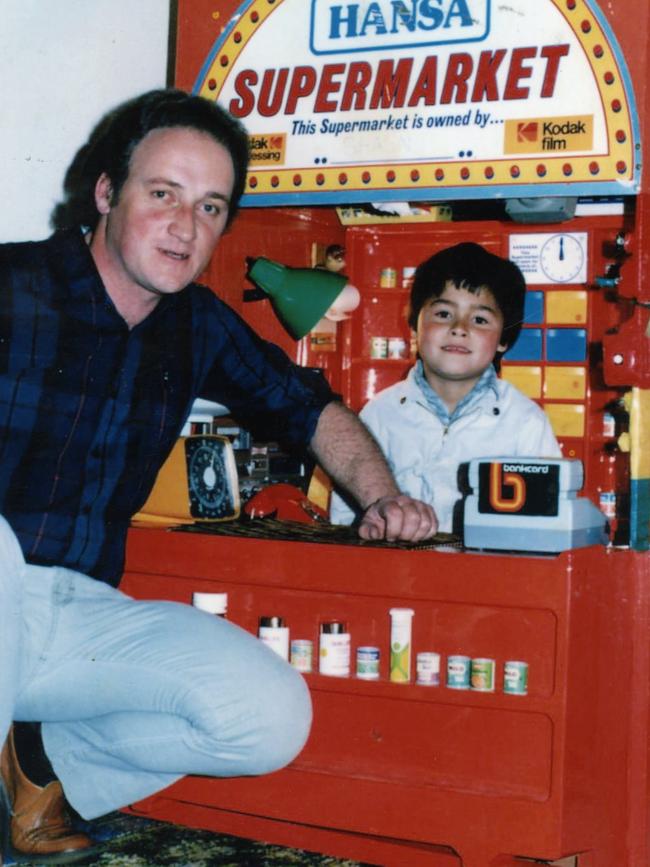
Jim Riley pleaded guilty to Shaun’s murder and was sentenced to life with a 28-year non-parole period. Kevin was found guilty of murder by Justice Roderick Matheson in the absence of a jury.
In sentencing him to life with a 23-year non-parole period, Justice Matheson said Kevin had not told him the whole truth about his involvement in the events at the Brooklyn Rd flat on the night of the murder.
He said Kevin was “quite cunning’’ at times during his trial and was aware that his answers to questions could incriminate him.
He said he did not believe Kevin’s story that he had told his brother to “get rid’’ of Shaun when Jim first brought the boy to his flat, nor that he had dashed out to telephone the police at one stage.
He said the inference was “inescapable’’ that the brothers had reached an understanding to bring the boy back to the flat and that they would both rape him.
Commissioner for Victims Rights Bronwyn Killmier said parole applications often caused distress for the families of murder victims.
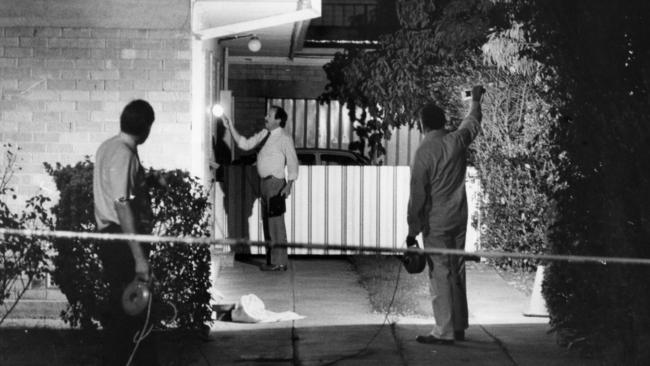
“For some, it will cause them to revisit the trauma. Some may have been coping reasonably well and then it reignites a lot of the fear and anxiety,’’ she said.
“There is no standard response. Many victims may have dealt with their trauma, and this is just another process for them and they cope quite well.’’
Ms Killmier said the fact the Parole Board involved victims in its processes gave them “more confidence’’ in the system.
“It doesn’t mean they always like the outcome, but they feel as though they have been heard,’’ she said.
“We talk about the limitations with them from the beginning and are very conscious not to build unrealistic expectations.
“The victims’ views are one of the factors the Parole Board takes into consideration in making its decision.’’
Ms Nelson would not comment on Riley’s application for release prior to him being interviewed, but said at present no “lifers” were being interviewed in person because of COVID-19 restrictions.
“No lifer is considered for release without being interviewed in person before the board and, at present, that cannot happen,’’ she said.
“When we are able to undertake those interviews again there will be a backlog, so I would not anticipate that happening until later in the year.’’

